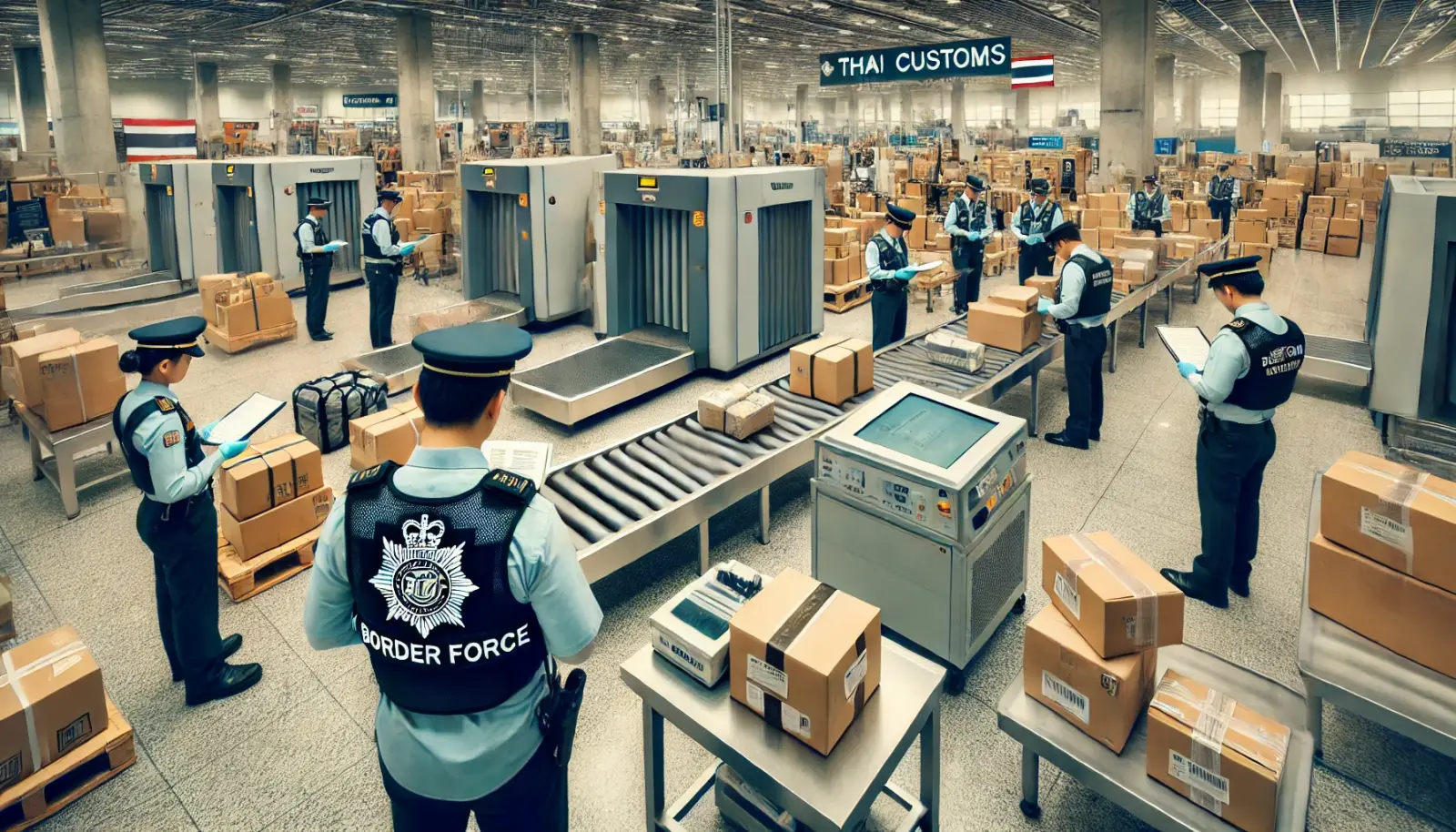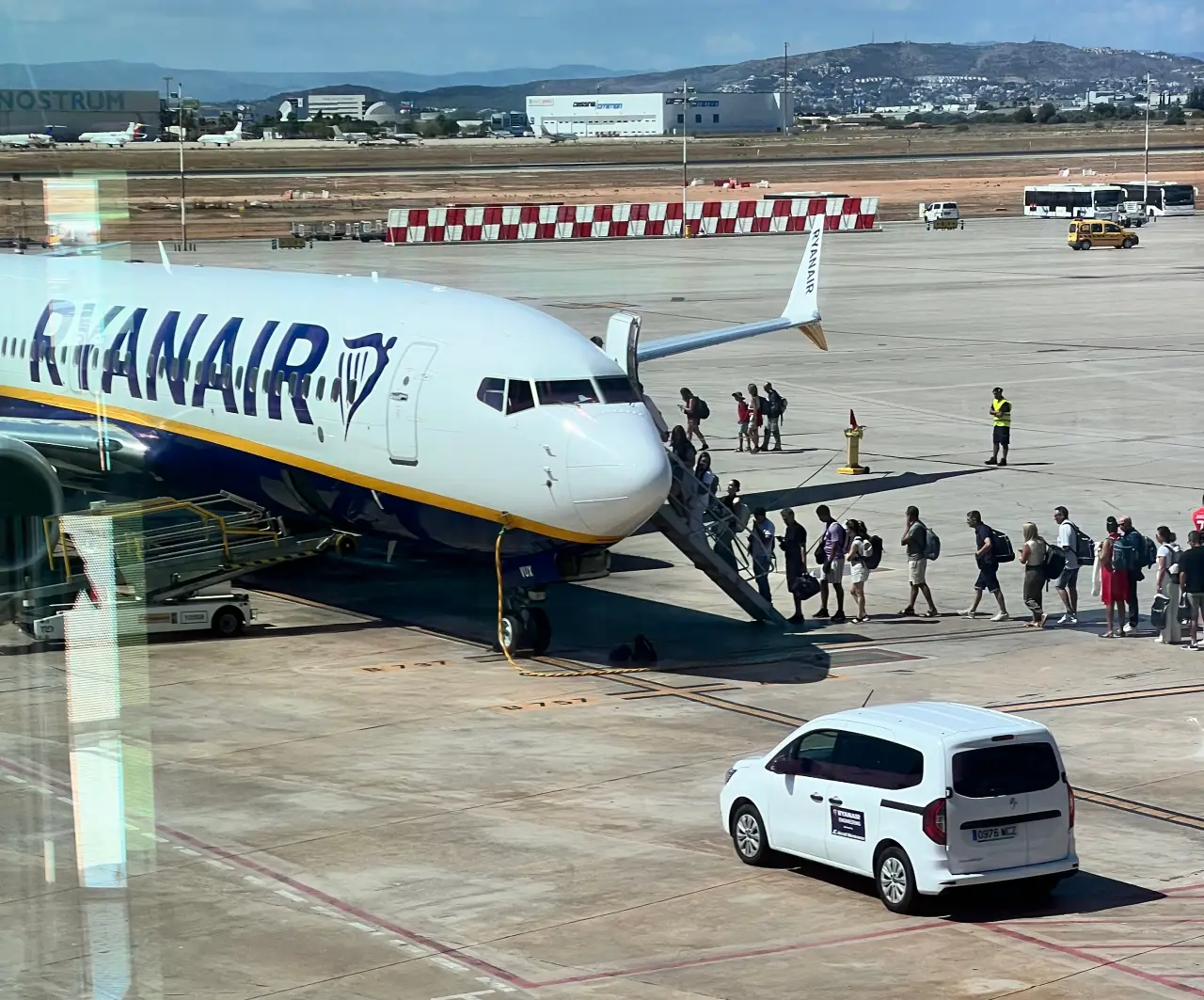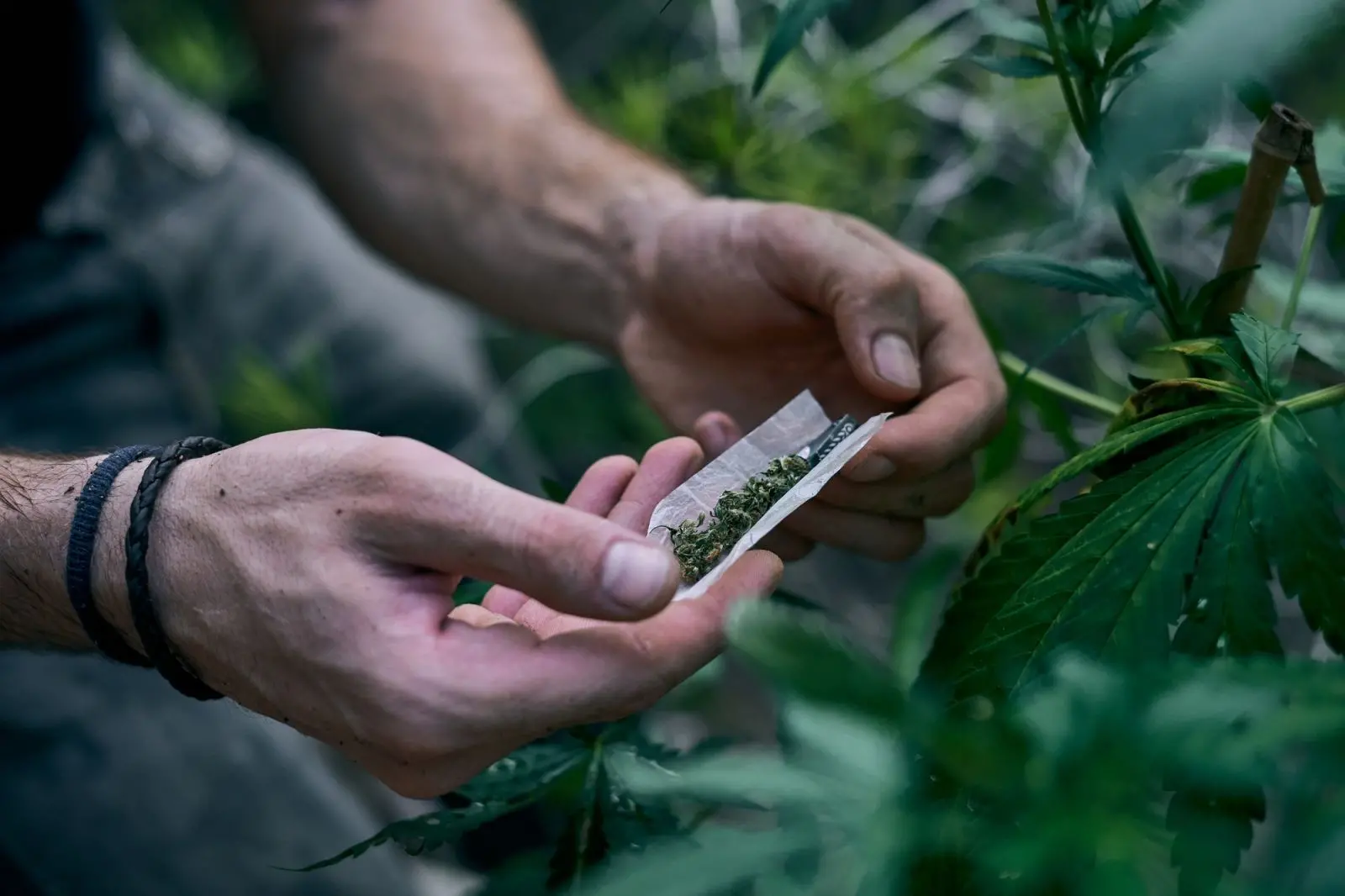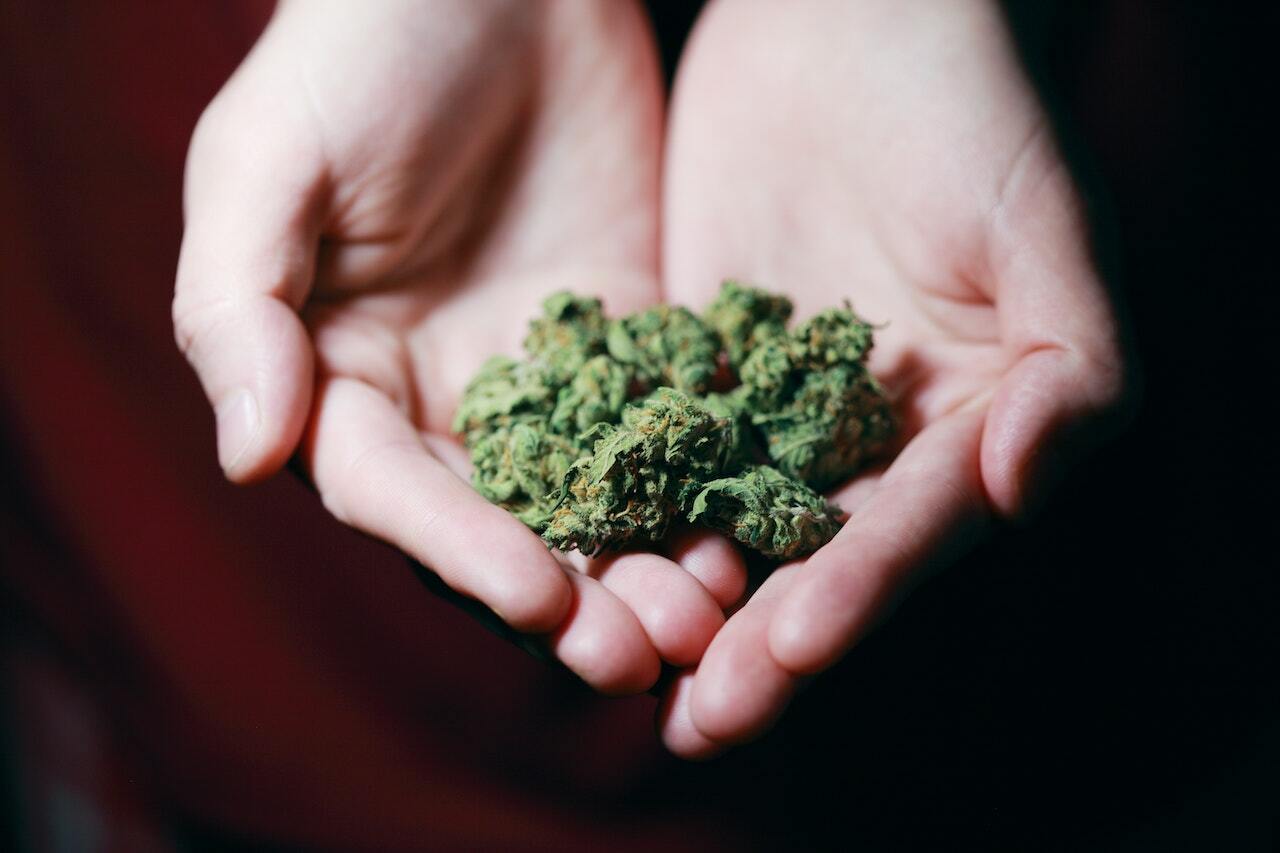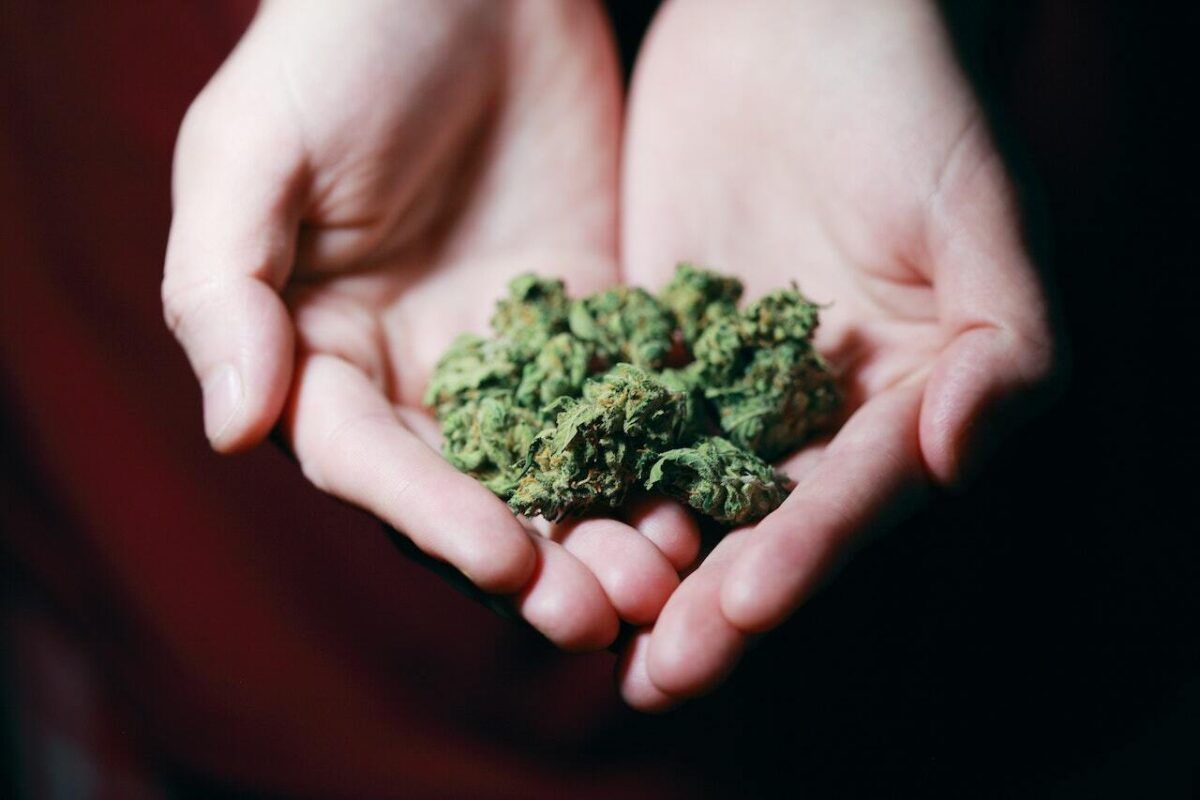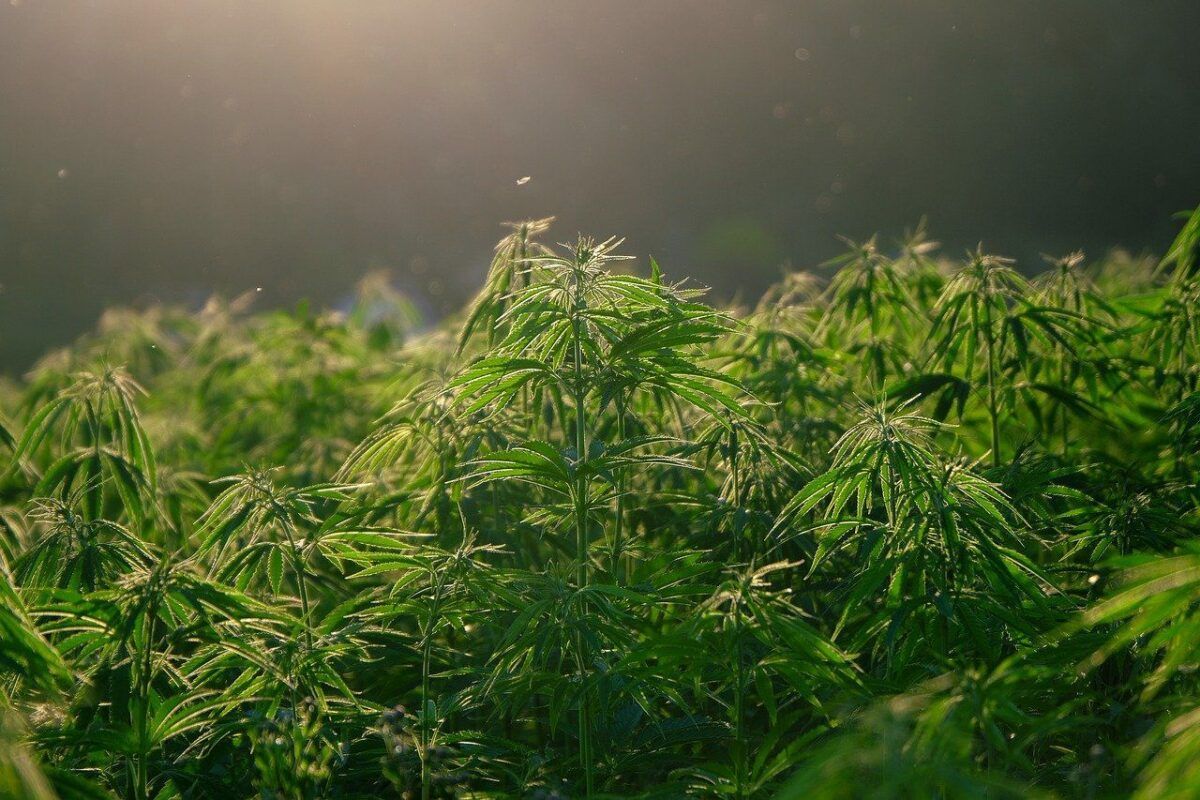Cannabis post arrivals from Thailand drop sharply, says UK, after a landmark agreement between the British Border Force and Thai customs introduced stricter screening measures at the source.
The number of packages containing cannabis intercepted at UK borders from Thailand fell by 90% in the first three months of 2025, a dramatic decline that officials credit to intensified international cooperation.
A Surge Followed by Swift Action
Since Thailand decriminalised cannabis in 2022, the UK has seen a surge in the number of cannabis-laden parcels arriving by post. In the final quarter of 2024 alone, UK Border Force detected over 15 tonnes of the drug — mostly in mail shipments. The volume overwhelmed enforcement efforts and raised urgent concerns about organised crime exploiting postal networks.
In response, a new agreement was forged between the UK and Thai authorities, requiring that parcels leaving Thailand be checked before departure. Thai customs now screen outgoing shipments destined for the UK, a move that appears to have paid off quickly. Between January and March 2025, only 1.5 tonnes of cannabis were intercepted, marking a 90% decrease in volume.
Operation Chaophraya and Air Travel Enforcement
The clampdown hasn’t stopped at the post. In February, British and Thai authorities extended their collaboration to air passengers through Operation Chaophraya. Conducted at Bangkok Airport, the operation led to the surrender of more than 2 tonnes of cannabis valued at an estimated £6 million.
Since the campaign’s launch in mid-2024, over 50 British nationals have been arrested in Thailand for attempting to smuggle cannabis, underscoring the reach of this bilateral enforcement push. UK authorities have urged travelers to understand that smuggling, even for personal or courier purposes, can result in severe legal consequences abroad.
Zero-Tolerance Message from Both Governments
The message from both governments is clear: those attempting to send or carry cannabis across borders will face prosecution. Thai customs have also stepped up internal enforcement, intercepting more than 800 would-be smugglers and seizing over 9 tonnes of cannabis between October 2024 and March 2025.
Seema Malhotra, UK Minister for Citizenship and Migration, praised the results: “Our partnership with Thai customs has slashed cannabis smuggling in the post by 90% in just three months. This collaboration is delivering real results and is a prime example of how international cooperation is crucial to our Plan for Change, safer streets mission.”
The new measures allow the UK Border Force to refocus resources while disrupting the logistics of organised crime groups. Officials stress that upstream interventions—preventing drugs from leaving source countries—are proving more effective than responding after arrival.
International Intelligence and Border Resilience
According to Phil Douglas, Director General of Border Force, this is part of a broader strategy to strengthen the UK’s borders. “Our work doesn’t stop at the border—we work internationally with our partners to prevent illicit goods from even reaching the UK,” he said. “Last year, we made a record number of drug seizures, including the highest harm substances.”
The collaboration has also included postal services. Charlotte Prescott, Director of Customs and International Policy at Royal Mail, called the partnership with Border Force one of the strongest globally, noting how effective shared intelligence has been in identifying restricted items.
Meanwhile, the National Crime Agency (NCA) continues to support these efforts through high-risk route monitoring and direct cooperation with Thai authorities. Alex Murray, NCA Director of Threat Leadership, issued a warning to potential smugglers: “Crime groups can be very persuasive, but the risk of getting caught is very high and simply not worth it.”
With over 119 tonnes of illegal drugs seized in the year ending March 2024—valued at £3 billion—UK enforcement agencies are now seeing measurable benefits from global cooperation. For travelers and couriers alike, the message is increasingly direct: the laws around drug trafficking apply across borders, and partnerships like these are making it more challenging than ever to slip through the cracks.

